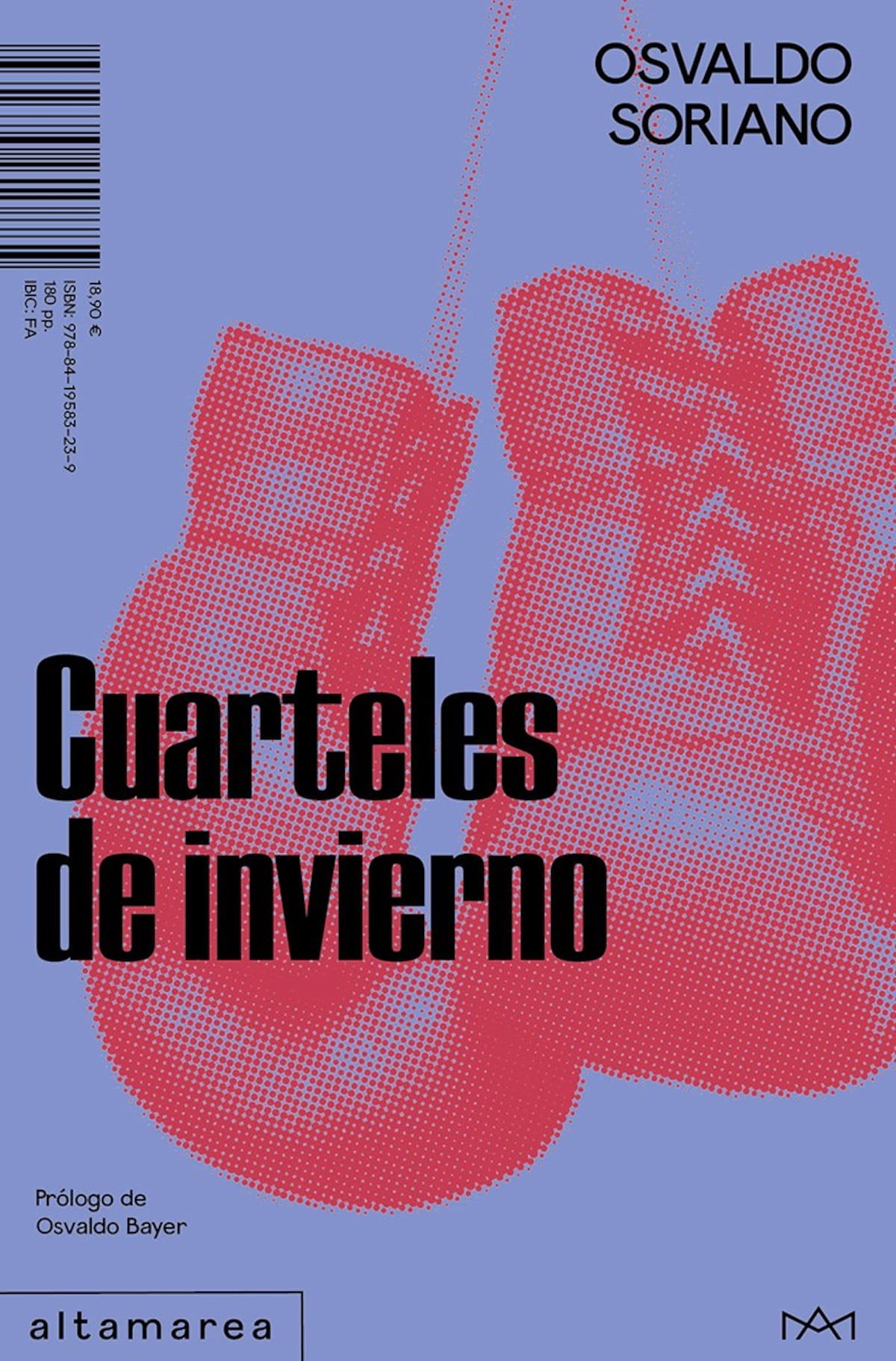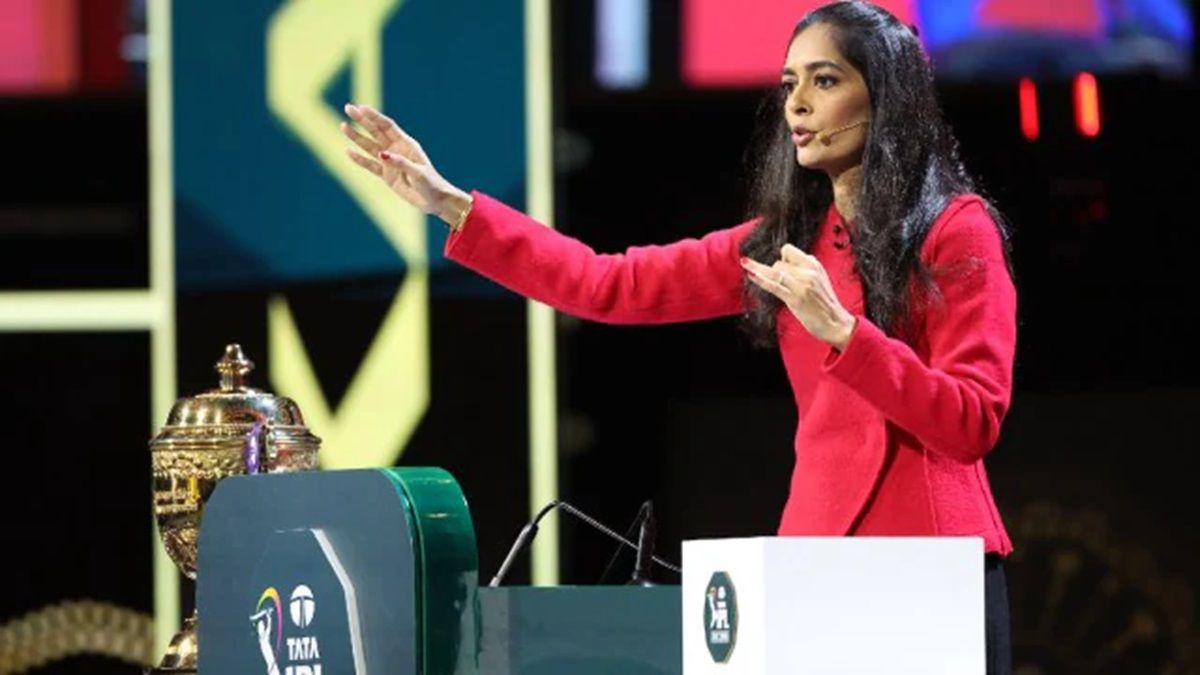Professional athletes enjoy several advantages during their career years. They have a fun and socially recognized job, are usually well paid and enjoy a series of privileges that are associated with fame. Almost everyone wants a photo or an autograph—if autographs still exist—of an athlete in his or her prime. Then, of course, comes the next stage of life. And it does it very quickly. Generally, athletes’ careers coincide with the years in which they maintain excellent physical condition. Afterwards, they will face the challenge of relocating their lives. Perhaps some have been farsighted enough to save and invest for this new stage. Others may know how to reposition themselves as technicians or managers in the discipline they practiced. Many will start a business and become part of general society again – there was a time when it was very common for them to open sports stores or bars under their own name when they retired, which took away the aura of magic that surrounded them. when they competed. But everyone, absolutely everyone, will notice that they are no longer the protagonists, that the scenario is changing and that their influence on the fans fades with the passage of time. The emotional management of this situation is complicated. Sometimes even dramatic. And there is a time when, by necessity, both worlds coexist, giving rise to tender pathos.
This situation, aggravated by the Argentine dictatorship, faces the boxer Tony Rocha, one of the protagonists of Winter Quarters (Altamarea), a novel by Osvaldo Soriano. He travels to a town in the interior of the country with the tango singer Andrés Galván to participate in a party. They want to arrive, complete their task, get paid and leave, but the situation becomes more complicated as the tentacles of the regime—the military and the armed forces—impose their order. The story drags the two characters towards dignity along the path of pain. Soriano portrays an entire era through the boxing match that, against all odds, unites them. A fight narrated with such mastery that it conveys the tension, fear and silence that accompany the cruelty and violence of the system.








